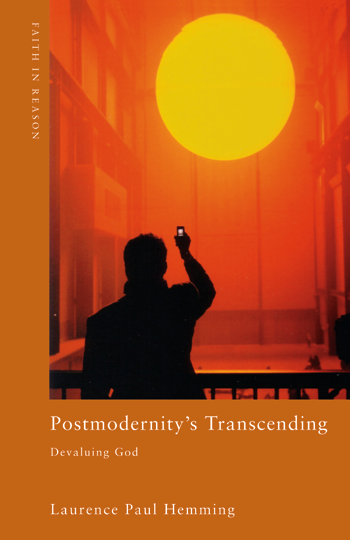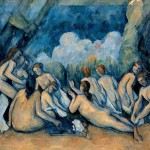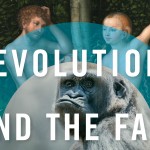
As a Rabelaisian Catholic I am obsessed, but not repressed, when it comes to sex.
This is the reason why I’m disturbed by the recent trend in the media of presenting people who are coming out about straight-up giving up sex. This trend is especially disturbing among young adults in Japan, as I’ve written here.
The matter swung back to my field of attention after reading the interview “Maybe Sex is the Least Fun Thing Two People Can Do?” between the ironically named (in this case) Desiree Browne and the surprisingly Jansenist Kirin McCrory.
Kirin’s words make me wonder whether when everything is permissible we can’t be bothered:
“I too spend a lot of time thinking, ‘Am I just very repressed?’ It isn’t that I don’t enjoy being physical with men, or that I have no desire to be sexual. For me, it comes down to this: I do not experience a lot of extreme physical pleasure. The heights are not there for me. I have definitely experienced physical orgasms, but it’s never the mind-blowing event that it is for some people. I am a very over-analytical, intellectual person, so it’s very possible that my mind is holding my body back from experiencing a deeper, more transcendent orgasm, and I suppose that is something I could explore and experiment with and devote attention to. But at the end of the day, it isn’t a realm that I find very interesting, so I generally choose not to exert a lot of energy over figuring it out.
I would rather analyze a good book than analyze what I could do for myself to enjoy a sexual experience on my own end more.”

Throughout the piece Kirin continually insists that her inadvertent asceticism is not due to some aversion to sex in itself. She masturbates regularly, because it gives her a predictable release like a paycheck or eating ice cream.
The problem, from what she writes above, stems from what I’d call an idolatry of the orgasm. She even talks about what she desires, and never ever gets, in terms of a “transcendent orgasm.” After reading that I feel like I need to poke around in Bruce Ellis Benson’s Graven Ideologies: Nietzsche, Derrida, and Marion on Modern Idolatry and Laurence Paul Hemming’s Postmodernity’s Transcending: Devaluing God In order to draw out some of the implications.
What I do know is that she’s not alone in this. Too many of my own friends are stuck in sexual limbo. They keep playing the tortuous game of dating as if it will lead to the Holy Grail. Some of them do it with the full realization that the Quest is ultimately about asceticism rather than sexual satisfaction.
The punishing denials of Romanticized all-transcending-love were already exposed by Denis de Rougemont’sLove in the Western World. The book should have been called Gettin’ no Love in the Western World because he claimed, “Love ceases to be a demon only when he ceases to be a god.” Here is how he connects idealization and ascesis: “To love in the sense of passion-love is the contrary of to live. It is an impoverishment of one’s being, an askesis without sequel, an inability to enjoy the present without imagining it as absent, a never-ending flight from possession.”
He then makes an important distinction between Romantic love and marriage:

“Romance feeds on obstacles, short excitations, and partings; marriage, on the contrary, is made up of wont, daily propinquity, growing accustomed to one another. Romance calls for ‘the faraway love’ of the troubadours; marriage, for love of ‘one’s neighbor.’ Where, then, a couple have married in obedience to a romance, it is natural that the first time a conflict of temperament or of taste becomes manifest the parties should ask themselves: ‘Why did I marry?’ And it is no less natural that, obsessed by the universal propaganda in favor of romance, each should seize the first occasion to fall in love with somebody else.”
This is more in tune with the advice my wife and I received in Poland from the Franciscans and Dominicans in Krakow. They convinced us that sex and marriage aren’t transcendent solutions to life’s problems, instead they create whole new sets of problems whose yolk we’ll have to carry.
Let’s face it, the promises of the sexual revolution were foolish and unrealistic. The notion that romantic love is the sine qua non of marriage is perhaps one of the dumbest and most destructive notions ever devised by man (women probably knew better). The standard canard can be ironically summarized as: why stand in the way of two people who are in an intensely unrealistic emotional relationship even if we know it’ll never work, or they’ll get divorced if they ever get around to marrying?
There’s also the Philip Jenkins tome Decade of Nightmares to remind us how much the libertarian deification of choice in the 60’s and 70’s created these problems–but more about that later.
I’ll also add that Adam Curtis’ BBC series “The Century of the Self” is essential viewing for getting a firm grasp on these issues.











